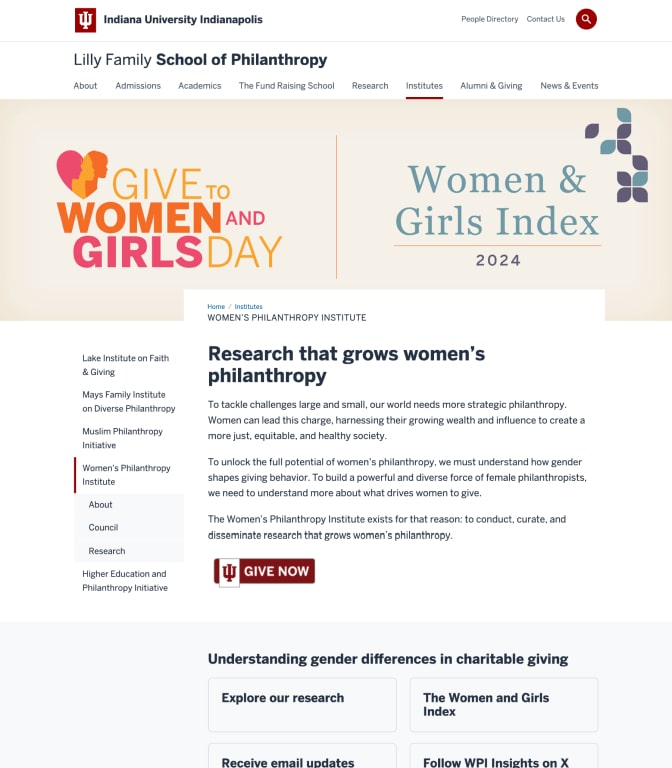If you are familiar with search engine optimization, you have probably heard of what a search engine is. However, chances are, you are using SEO to further your business or your organization.
It is very important to know how search engines work in order to use it to manipulate them to your advantage. Search engines can be a very important source of information, income, as well as readership if you use them correctly.
Hence, in this article I will attempt to give you a short breakdown of how search engines work and the crucial knowledge you need to know in order to maneuver through what seems like an endless world of queries.
What is a search engine?
By Google’s definition of what a search engine is, it refers to “a program that searches for and identifies items in a database that corresponds to keywords or characters specified by the user, used especially for finding particular sites on the World Wide Web”
And that’s where we begin.
I have obtained that information through Google. Everyone knows what Google is, the company behind the world’s most prolific search engine.
It is by default, the standard in which we phrase all of search engine optimization’s most influential marketing techniques by. Google’s algorithms are the algorithms that we strive to hit when making our web-pages more ‘search index’ friendly, and et cetera.
However, that is not the only search engine that one can use SEO in. Here are a list of the world’s most popular search engines:
- Bing
- Yahoo
- Ask.com (Ask Jeeves)
- AOL.com
- Baidu
- WolframAlpha
- DuckDuckGo
- Archive.org
- Yandex.ru
As you can see, this list expands to more than ‘Google’. In particular, each website may represent a certain demographic/industry that you would also want to branch out your search engine optimization techniques to, in order to garner more hits.
- ‘Bing’ could be optimized for Microsoft related products
- ‘Baidu’ could be optimized for a China based demographic
- ‘WolframAlpha’ could be optimized for an academic demographic
- ‘Yandex.ru’ could be optimized for a Russian demographic
How does a search engine work?
As mentioned before, a search engine works by using automated tools such as web crawlers. These crawlers then examine web pages , page by page.
These pages are then copied in which the copies are sent to the search engine which builds upon an index of the words on each page. This is where the keywords in SEO techniques are then indexed, based on rank and familiarity.
However, any website could utilize a certain keyword that lacks context. For example, if your keyword is ‘book’ and you intend to market a book business website, the word ‘book’ under a naked web crawler index could direct you to other websites mentioning the word ‘book’.
This is where the algorithms come in, using patterns to detect business related queries to the keyword to add context to it. Then, the results are ranked according to the algorithms’ correlation to the indexes.
So… in the world of search engine optimization, which search engine is the most SEO-friendly?
There is a reason why Google is mentioned earlier on. It is by far, the most search engine optimization friendly.
First of all, Google has a starter guide for search engine optimization. Its algorithms are specifically formulated so that the best website of each industry gets ranked fairly.
It is in fact, ironically, a great model for websites to market their optimization techniques on.
- A Simple Interface – Google replicates its success with its simplicity. Similarly, websites that are not too complicated to manoeuver through will be indexed faster and higher by web crawlers and attract readership
- Relevancy in its search results – Google only indexes relevant websites high on the search index. This is translated through relevant keywords that can be indexed.
- Extended franchise – Google not only markets itself as a search engine, but has products that expand like Google docs, Blogger, YouTube and et cetera. Off-page marketing is an important part of SEO that can be done with Google’s extended franchise
- Updated algorithms – Google updates its algorithm frequently to keep up with a) consumer trends and b) web page visibility. It has its users and audience in mind, and caters to it.
By default, Google’s core principles align with basic search engine optimization strategies. It also has the largest general database that does not nitpick indexing from specific search queries, leading to larger readership.
How can you use Google for SEO?
Organize your site hierarchy
- Use unique URLs per piece of content (ie. a translation, a separate link)
- Use https:// when possible
- Add all variations of your site to Search Console
- Distinguish between path, filename and query string
Navigation on your site
- Plan your navigation on your homepage
- Utilize a home/[root] page
- Differentiate specific content from generalized content
- Use breadcrumb lists
- Create a simple navigational index for users
Content Optimization
- Write easy-to-read text
- Organize your text clearly
- Create fresh, unique content
- Content based on readers, not search results
Off-Page Marketing
- Write clear link text
- Use easy, precise links
- Choose descriptive text
- Do not write spam links
Image Optimization
- Use the “alt” attribute
- Use brief but descriptive filenames
- Supply alt texts with your images
- Use Image sitemaps
All of these are cited from Google’s search engine optimization guide. These are straightforward strategies that can make use of the way that Google’s algorithms are set up for search engine optimization marketing.
Mentioned in our previous article, Google also has the most number of search engine optimization related tools. These include:
- Google Alerts – For monitoring keyword trends
- Google Sitemap Generators – Creates sitemaps compatible with Google’s web crawlers
- Google Data Studio – For data analysis of your websites
- Google Trends – For monitoring keyword trends
- Google PageSpeed Insights – Web page speed optimization
- Google Analytics – Organic search monitoring
Tips on what to avoid for Google search engine optimization
- Writing a description meta tag that has no relation to the content on the page.
- Using generic descriptions like
- Filling the description with only keywords.
- Copying and pasting the entire content of the document into the description meta tag.
- Excessive use of heading tags on a page.
- Very long headings.
- Using heading tags only for styling text and not presenting structure.
- Writing sloppy text with many spelling and grammatical mistakes.
- Awkward or poorly written content.
- Embedding text in images and videos for textual content: users may want to copy and paste the text and search engines can’t read it.
- Dumping large amounts of text on varying topics onto a page without paragraph, subheading, or layout separation.
- Rehashing (or even copying) existing content that will bring little extra value to users.
- Having duplicate or near-duplicate versions of your content across your site.
- Not citing duplicate content
However, Google search engine optimization is not the end of the world. There are many other optimization methods that Bing, Yahoo the search engines above utilize. I would advise that you branch into such SEO marketing methods after you have mastered Google SEO.
This will ensure that your web page will be brimming with readership and consistent page views before branching out into other forms of search engine optimization, which we will elaborate on in a following article.
Keep optimizing!




















